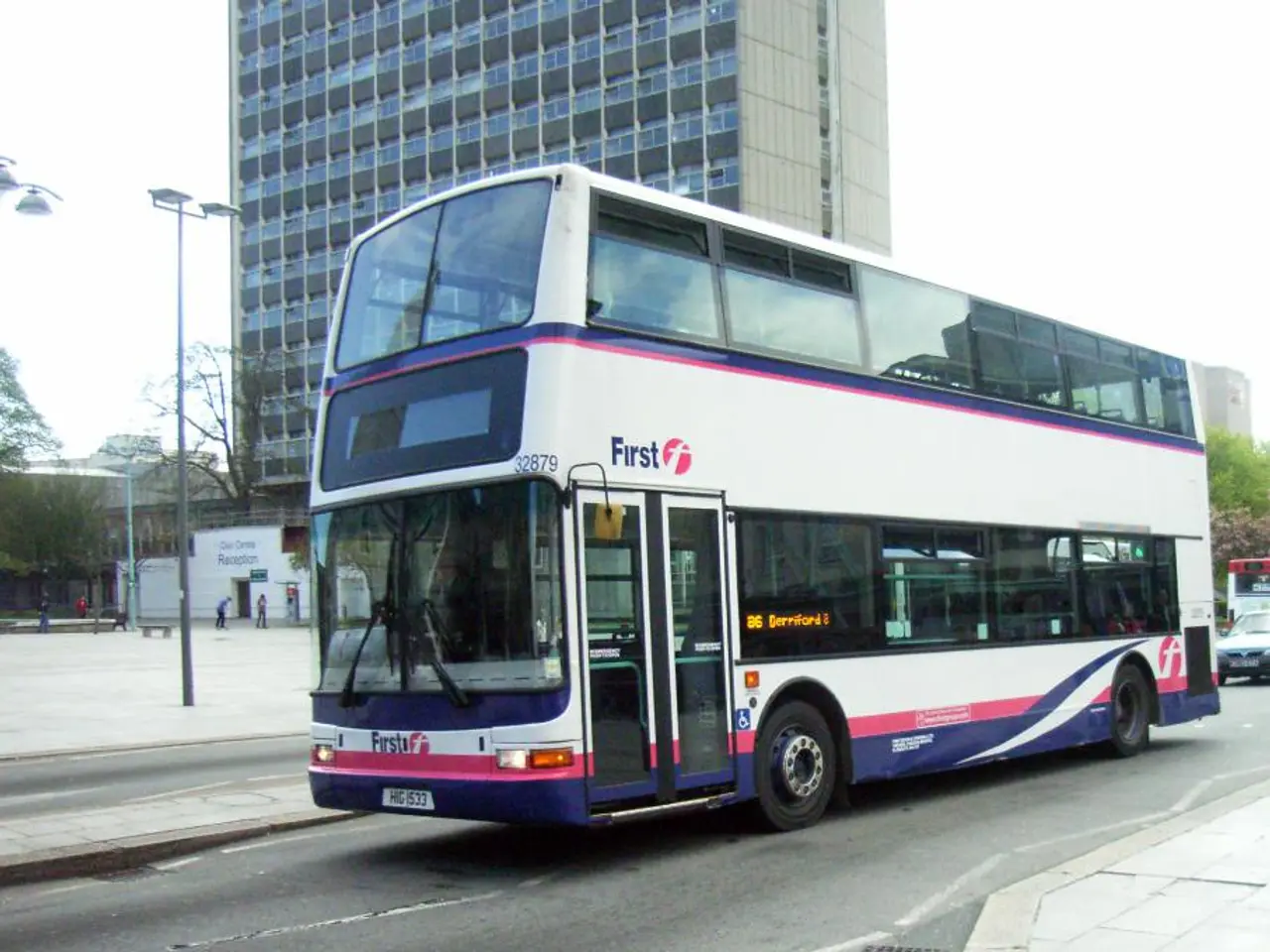West End Businesses Facing Heavy Tax Increase Draw Criticism: 'This Tax Policy Is Insane'
In a stark warning, investment firm Colliers predicts a hefty hit on valuable areas like London's West End due to an increase in business rates for pricey properties. This new policy, touted to bring down business rates for smaller properties by jacking up those for larger ones, is receiving flak from Colliers who claim it to be an 'ineffective' and 'damaging' move.
John Webber, head of business rates at Colliers, spoke out, expressing his disappointment. "We expected to see a broad reduction in business rates under Labour's policy, instead we're looking at a more complex system that appears to be detrimental to investment and growth on the high street," he said.
The Non-Domestic Rates Bill aims to reduce the business rates multiplier for smaller retail, hospitality, and leisure properties by introducing a higher multiplier for properties with a rateable value above £500,000. This division into two multipliers targets larger anchor stores to make them more expensive to operate.
However, this move has been met with controversy, with retailers yearning for business rates reform for years voicing their concerns. High Streets UK has blasted the bill, labeling it a "catastrophe for jobs, investment, and growth" as it places undue pressure on the UK's flagship high streets.
London's West End, the country's most valuable retail site boasting 335 locations with a rental value exceeding £500,000, is facing an estimated 30% increase in rateable values post the re-evaluation of rents next year. This might lead to a jump in the annual amount owed on these properties from £212 million to £274 million a year - an additional £63 million for the area as a whole.
"Businesses in the West End must steel themselves," Colliers warned. "With the increased taxes and their complex implications, it's no wonder the retail and hospitality sectors are raising the alarm."
Webber added, "Why would the government think it's wise to burden larger retail, hospitality, and leisure players with more punitive business rates taxes? This new policy just doesn't make any sense."
Due to the increased taxes, businesses might put expansion and hiring plans on hold.
In essence, the Non-Domestic Rates Bill, due to be enacted in April 2026, imposes a significant impact on high-value property areas like London's West End. Businesses, particularly larger retailers and anchor stores, will bear the brunt as they face increased taxes and suffer from complex implications for growth. Smaller businesses will receive some relief in the form of permanently lower business rates multipliers, but they may still face higher bills due to rising rateable values, especially in expensive locations like the West End. The reform's aim to create a fairer system could have unintended effects, such as placing financial pressure on key retail anchors that support broader commercial ecosystems.
- "Given Colliers' warning, it appears that the anticipated decrease in business rates for smaller properties, as proposed by the Non-Domestic Rates Bill, might be overshadowed by increased taxes for larger properties, such as those in London's West End."
- "The proposed legislation, meant to reduce business rates for smaller retail, hospitality, and leisure properties, might unfortunately lead to a substantial increase in taxes for the high-value properties, such as those in London's West End, potentially burdening businesses like retailers and anchor stores."
- "In the realm of investment and finance, the increased taxes on valuable properties under the Non-Domestic Rates Bill could potentially discourage businesses from pursuing plans for expansion and hiring, especially in areas like London's West End, due to the complex implications and added financial pressure."





